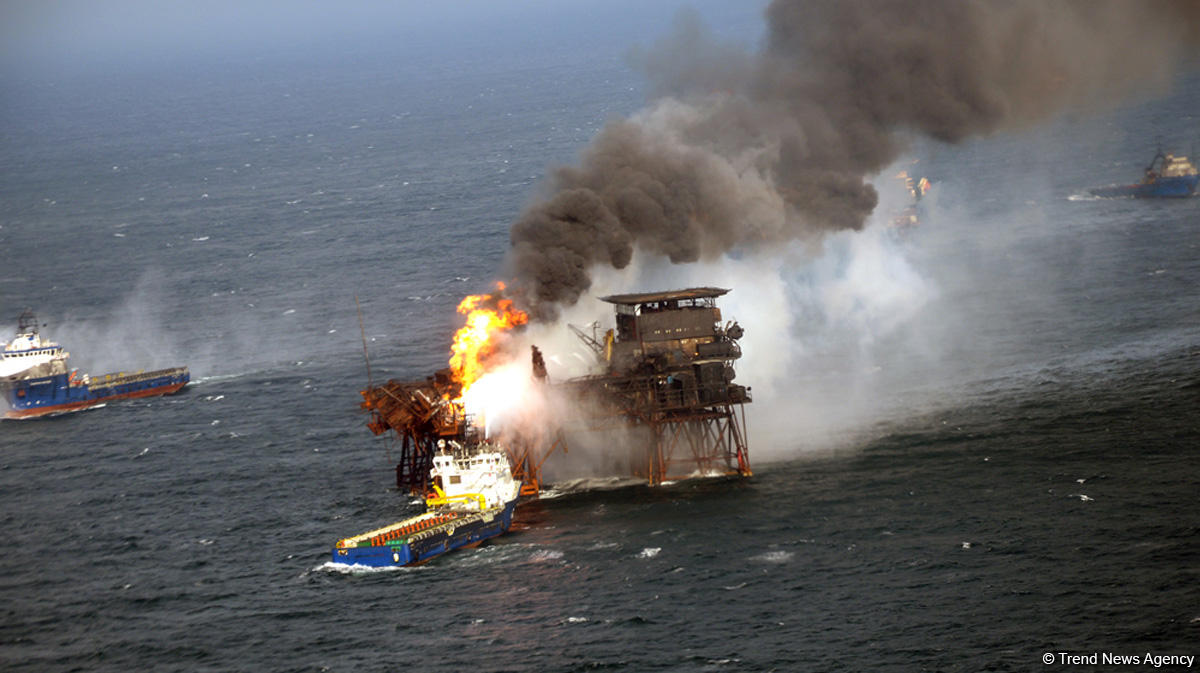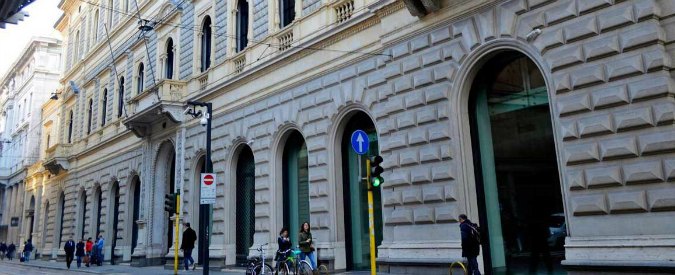Re: Energy in Azerbaijan
Wow that fire has been burning all this time. Imagine how much pollution it has caused and all the energy wasted. The incompetence of this leadership is so jarringly obvious.
Originally posted by londontsi
View Post













Comment